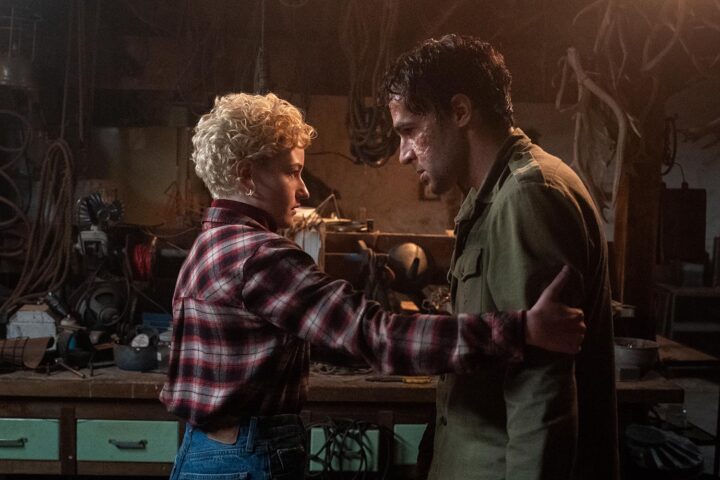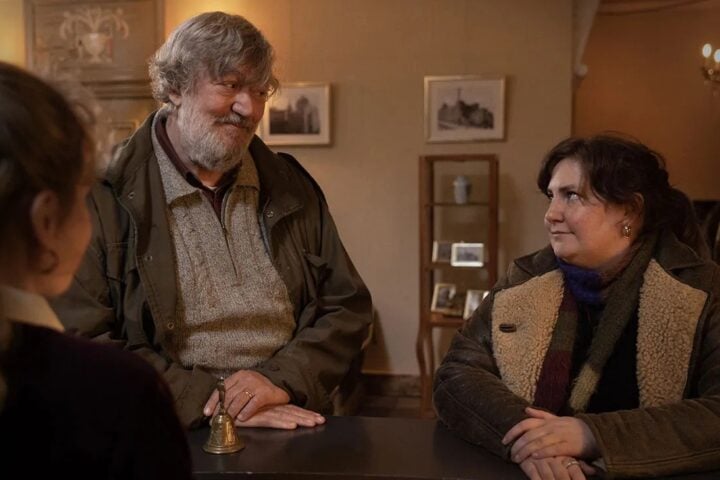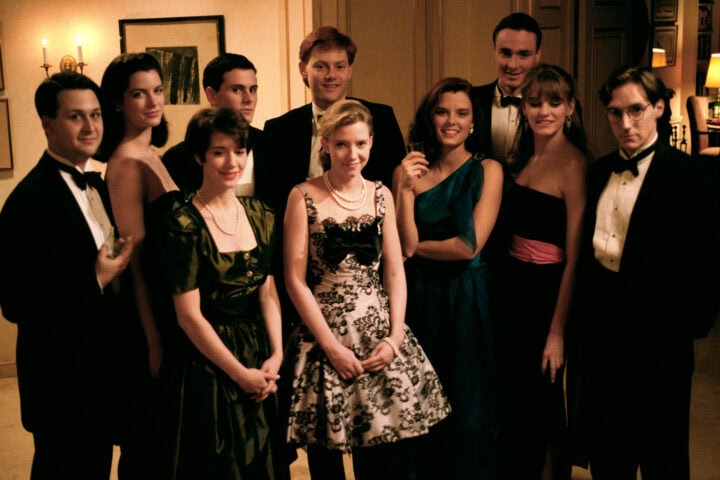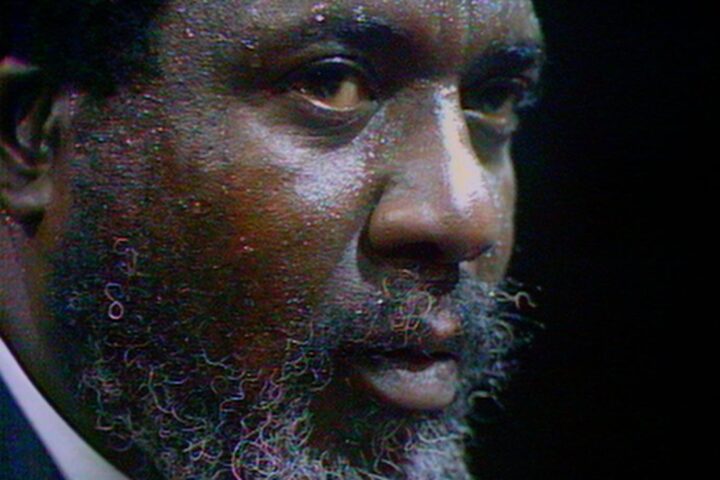Whannell’s film consistently struggles to overcome the obviousness of its story construction.
Leandro Koch and Paloma Schachmann’s film is a genuine work of ethnomusicology.
The film’s succession of symbolically loaded vignettes is less meaningful than intended.
‘Companion’ Review: Drew Hancock’s A.I.-Themed Thriller Is Filled with Existential Dread
The film trenchantly satirizes 21st-century romance while delivering the gory genre goods.
Whannell’s film doesn’t convincingly reinvent the fundamentals of werewolf folklore.
The film, at times, strains for visual dynamism at the expense of the play’s natural rhythms.
‘Daddio’ Review: Sean Penn’s Taxi Driver Plays Armchair Therapist in Stilted Two-Hander
The characters may surprise each other, but they rarely surprise us.
Because its observational moments are so rich, its thematic bluntness becomes harder to accept.
Ultimately, the didacticism of Mortensen’s film lets it down.
With his latest, Jude continues following intuition and putting ideas into immediate action.
The biggest surprises in the book come in the Metropolitan dossier.
The story’s center isn’t strong enough for the rest of its disparate parts to hold.
The film only superficially conveys the importance of the historical insights it contains.
The raw, frustrating, occasionally revealing footage of Monk makes the film worthwhile.
Greenaway discusses his ideas about cinema and the limitations of text-based filmmaking.
The novel reads as a final, all-encompassing summary of Irving’s concerns and obsessions.
This unconventional biography casts its subject as the protagonist of his time, a mirror for the rapidly changing country in which he lived.
Radu Jude discusses his approach to archival material and what it’s like to make a film under pandemic-related restrictions.
The intensity of Subdivision’s narrative purpose stands in marked contrast to Let Me Think.
Nors weaves striking imagery throughout her stories, leaving us to intuitively make sense of how everything fits together.




















